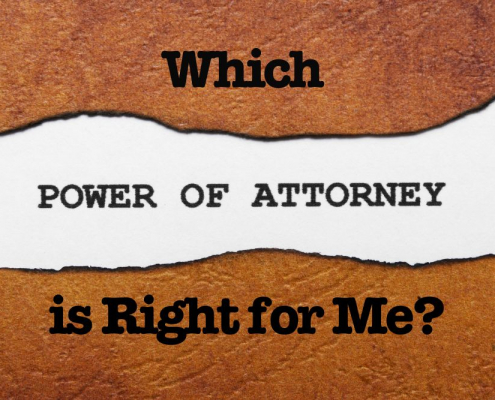You face various responsibilities and decisions when someone you love passes away. Disposing of their medication likely isn’t a priority for you. However, federal laws enforce procedures for handling a deceased person’s controlled substances.
The Secure and Responsible Drug Disposal Act of 2010
Congress passed the Secure and Responsible Drug Disposal Act in 2010 to address prescription drug misuse, especially by teenagers. The act provides methods legal possessors can use to deliver unwanted or unused controlled substances for disposal to the appropriate agency. Keeping teenagers’ hands off drugs that aren’t theirs is one of the primary goals of this federal law.
Typically, effective and safe disposal is through mail-back packages, take-back events, and collection receptacles. Anyone lawfully entitled to dispose of a deceased individual’s property can dispose of their controlled substances.
How to Handle Expired or Unused Controlled Substances
You could ask your loved one’s medical team about the proper protocol for disposing of medications if they pass away in a nursing home or similar facility. You might be responsible for disposal if they don’t handle it themselves.
You can check a drug’s label to determine the appropriate disposal method. Follow these steps if there aren’t instructions or a healthcare provider doesn’t inform you of what to do with the controlled substances.
Look for a Drug Take-Back Program
If your loved one has controlled substances they didn’t take that are expired, determine whether a drug take-back program or site is nearby. The Drug Enforcement Agency (DEA), police station, and local pharmacy are excellent resources to ask about disposal options.
You should remove your loved one’s personal information from all packaging and labels. The facility will correctly destroy the prescriptions you drop off at the take-back location. Using someone else’s prescription drugs or selling them to others is illegal.
Check Whether the Controlled Substance is on the Flush List
The FDA has a flush list, allowing people to flush certain controlled substances down the toilet to dispose of them. Check whether your loved one’s prescriptions are on the list if you can’t find a drug take-back program near you.
Medications are on the flush list if they:
- Are highly sought due to their abuse or misuse potential; or
- Are likely to cause serious illness or death from one doseif taken by children, pets, or vulnerable adults inappropriately or accidentally.
You should never place drugs on the flush list in the trash because of the dangers. When you flush them, it prevents others from encountering dangerous substances and using them accidentally or inappropriately.
Throw Away Non-Flush Medications
You can dispose of controlled substances if they’re not on the FDA flush list and you can’t find a take-back site nearby. Before placing the drug in the trash, you must follow these steps first:
- Mix a distasteful material, such as cat litter or dirt, with the pills or liquid medication. Never crush capsules or tablets.
- Place the mixture in a sealed container, so it doesn’t leak from the garbage bag.
- Scratch out or remove personal information from the packaging or prescription bottle.
- Throw the sealed container with the empty packaging and mixture in the garbage.
Contact our Orange County Probate Lawyers
You face various responsibilities after losing a loved one. Preparing for the funeral, sorting through their belongings, and handling their estate is overwhelming. On top of everything, you need time to grieve and cope with what happened. Discovering controlled substances you must dispose of adds another task to your list.
You don’t have to go through this alone. Speak to an Orange County probate lawyer today and let us help you with the complicated aspects of wrapping up your loved one’s affairs. To schedule an appointment at one of our offices located within the county, or at various other locations within the state of California, contact us now at (800) 244-8814.
 https://www.copenbarger.com/wp-content/uploads/2024/10/Power-of-Attorney.jpg
667
1000
Valerie Guerrero
https://www.copenbarger.com/wp-content/uploads/2025/11/Frame-64-2.png
Valerie Guerrero2024-09-08 09:36:512024-10-25 09:21:30Which Power of Attorney is Right for Me?
https://www.copenbarger.com/wp-content/uploads/2024/10/Power-of-Attorney.jpg
667
1000
Valerie Guerrero
https://www.copenbarger.com/wp-content/uploads/2025/11/Frame-64-2.png
Valerie Guerrero2024-09-08 09:36:512024-10-25 09:21:30Which Power of Attorney is Right for Me?



